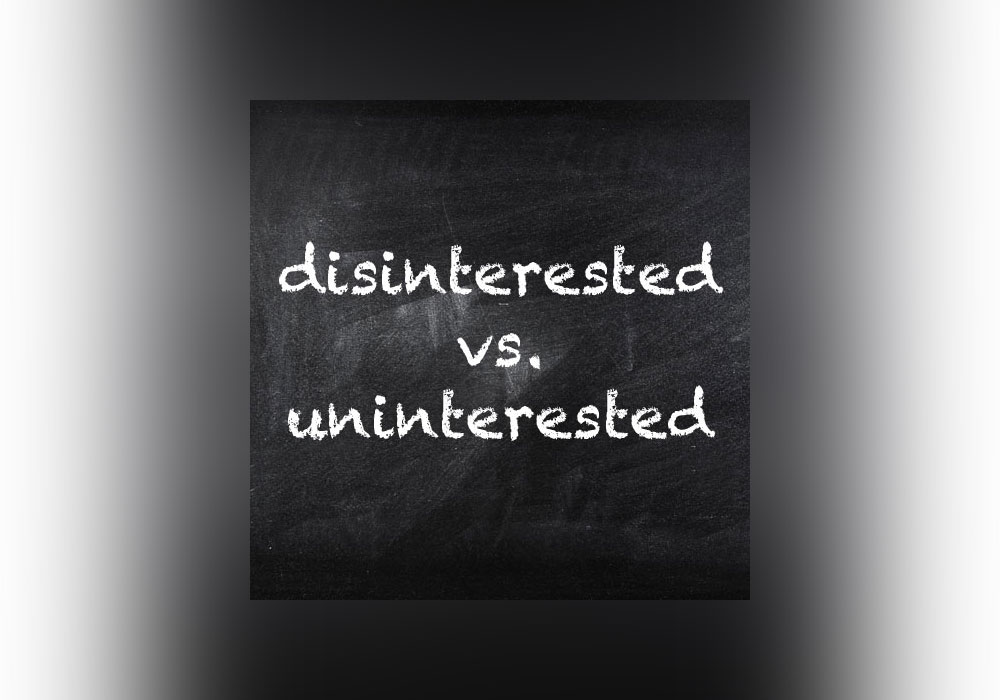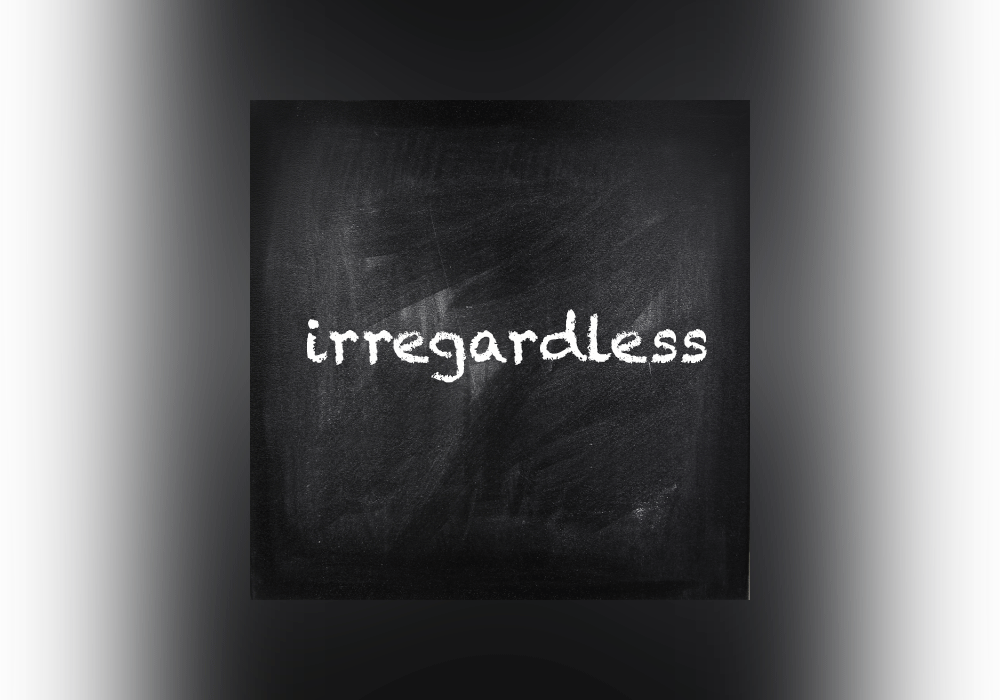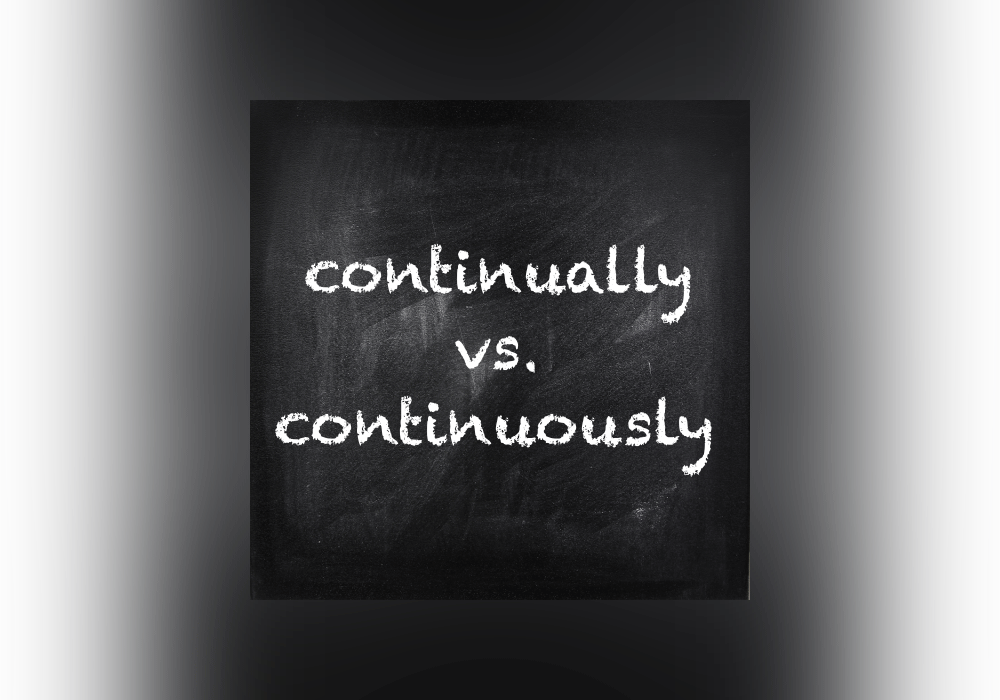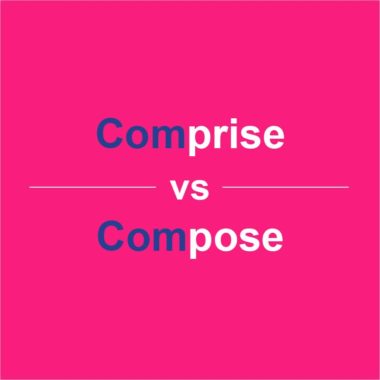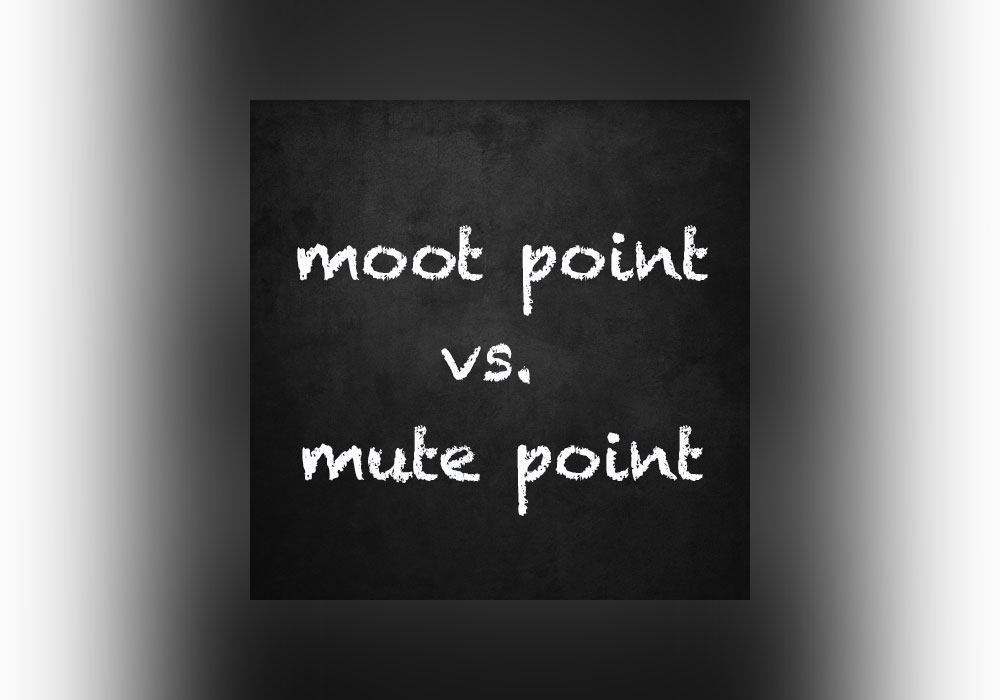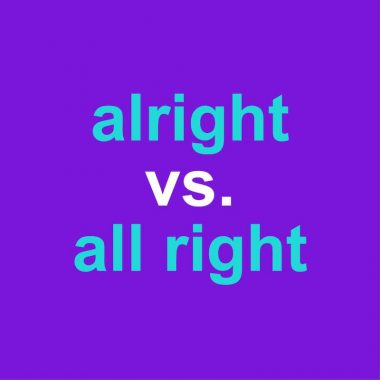What Is The Difference Between Snow Flurries vs. Snow Showers?
Snow refers to the partially frozen water vapor which falls in flakes. The expression snow flurries refers to light, intermittent snowfall without significant accumulation. Snow flurries tend to come from stratiform clouds.Snow showers is the label used to refer to a short period of light-to-moderate snowfall, also characterized by a sudden beginning and ending. There is some accumulation with snow showers, and they fall from convective or cumuliform clouds. A snow squall is …

